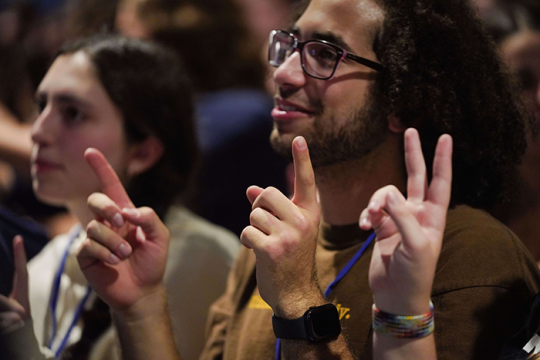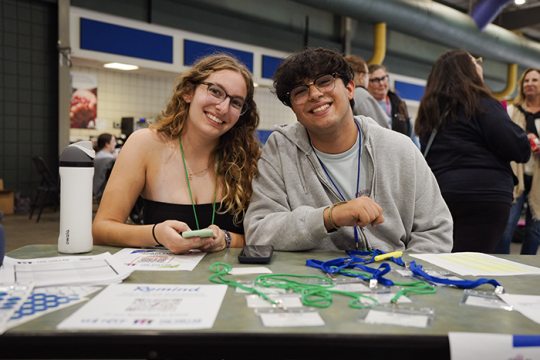
My son was in 7th grade at the beginning of the COVID pandemic. In the few weeks it took for his school to prepare for online education, he learned several life skills. He successfully folded fitted sheets, played endless games of gin rummy, did laundry, and used TikTok recipe videos to make fried rice. I used to joke that he had all the skills he needed to live in his first apartment.
With all this practical knowledge, when he returned to classes in-person, he still needed guidance on responding to bullies, speaking politely and with conviction to teachers who treated his Black classmates unfairly, and understanding when racism was a factor in the way authority figures approached his friends. As a high school senior, he handles all the car maintenance, cooks meals from scratch, and separates the laundry into lights and darks before washing them. But he still needs guidance in understanding the guises in which hate sometimes appears and knowing how to approach haters in ways that will be productive while keeping him and his friends safe.
Rates of antisemitism have more than tripled in the last five years. Though media and government attention are focused on college campuses, the normalization of anti-Jewish hatred has deeply affected middle- and high-school-age students as well.
In February 2025, the Jewish Federations of North America (JFNA), in partnership with Stanford University, BeWell, and the Jim Joseph Foundation, published "Strength, Stress, and Support, A Portrait of American Jewish Teen Well-Being." This study explored mental health in teenagers across all Jewish denominations.
Reform Jewish teens surveyed ranked antisemitism and the Israel/Hamas War second among things that caused them stress. To put this in perspective, this far outranked stress from parents, relationships, self-image, gender, and sexuality. If you're the parent of a tween or teen, pat yourself on the back! Data suggests you're doing a better job than you might think; it also suggests that our kids may need more support when it comes to facing antisemitism.
Anecdotally, we know that students who participate in national URJ programs are interested in learning more about antisemitism. Though gun violence prevention remains the subject area that garners the most interest at L'Taken Social Justice Seminars, antisemitism is a close second. In the most recent URJ Teen Justice Fellowship cohort, 81% of participants chose antisemitism as one of the issues most important to them.
Teens are asking for the knowledge to recognize antisemitism when it occurs, and the words and actions to fight it. The organizers of the mental health study referenced above suggest that young people will turn to those who are most present in their lives for comfort and advice. This is most often other teenagers. Young people will also ask parents, teachers, counselors, clergy, or other trusted adults for help.
Being present is often enough, but being a non-anxious presence in the face of increased stress will further allow tweens and teens to feel comfortable sharing their concerns. In conversations with college students and professionals across the country, we often hear that, in situations related to antisemitism, parents significantly raise anxiety levels.
As difficult as it can be for a teen or tween to know how to respond to antisemitism or other forms of hatred, it can be just as challenging for adults. In the current climate, antisemitism shows up in so many different places and ways that it is hard to know what to do in all situations. Knowing this, the URJ has created an AI (artificial intelligence) powered antisemitism response tool to help students and the adults in their lives determine if their experiences or events they have witnessed are antisemitic while providing response options that meet the needs of each individual.
Students and parents can enter questions and get informed answers within minutes. Though there is an infinite number of questions, training topics included hate symbols drawn on notebooks, stereotypes about Jewish people and money, questioning someone's Jewish identity, comments related to Israel and Palestine, and more. In each case, the program gave nuanced answers, especially when given follow-up questions.
AI can be controversial, but the URJ team built this program exclusively with sources that share URJ values. The system is closed, meaning that answers are only drawn from the material supplied. The AI tool will be available soon. It may not be able to teach your child to fold a fitted sheet or put oil in the car, but it is our hope that it will give you and the teens and tweens in your life some information and tools to respond to hate.
Related Posts

Wisdom Across Generations: Leading for Tomorrow

Leadership Boot Camp: A Clean Page, Infinite Possibilities
